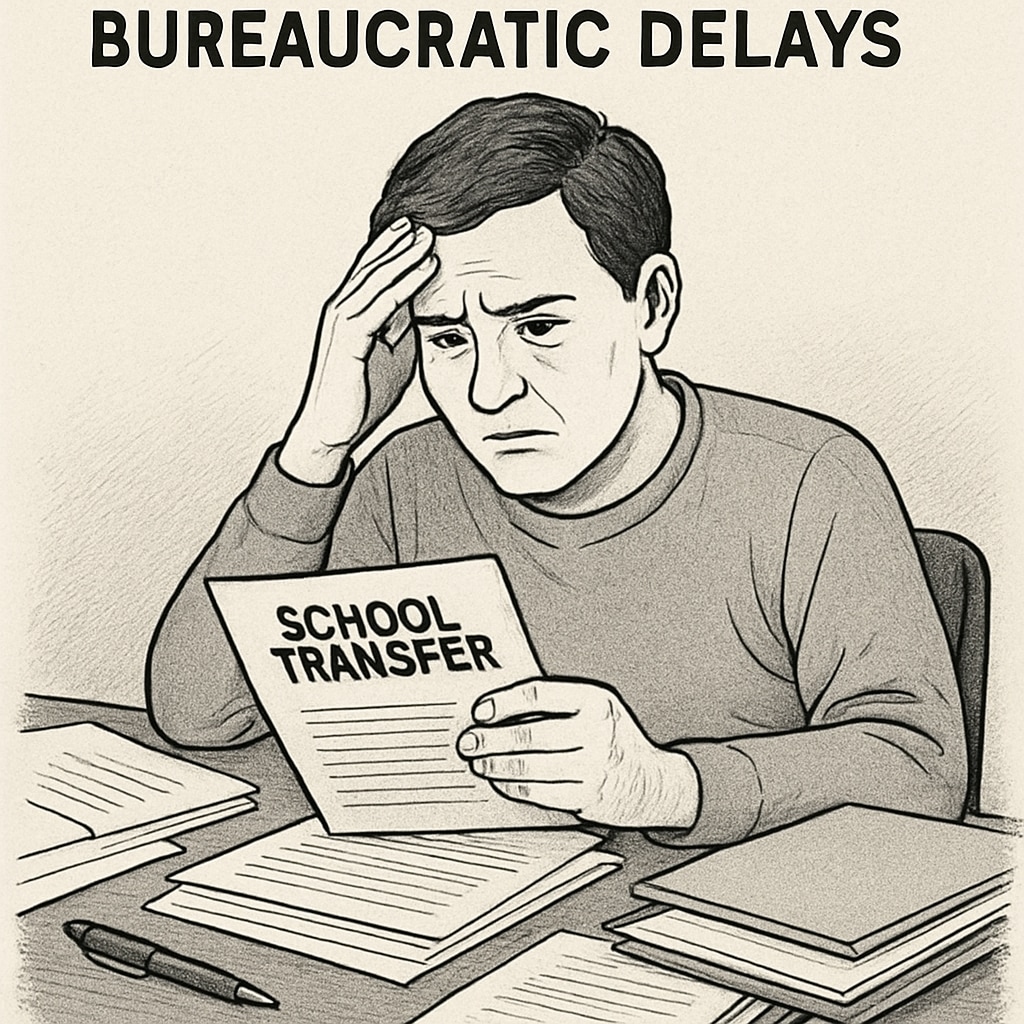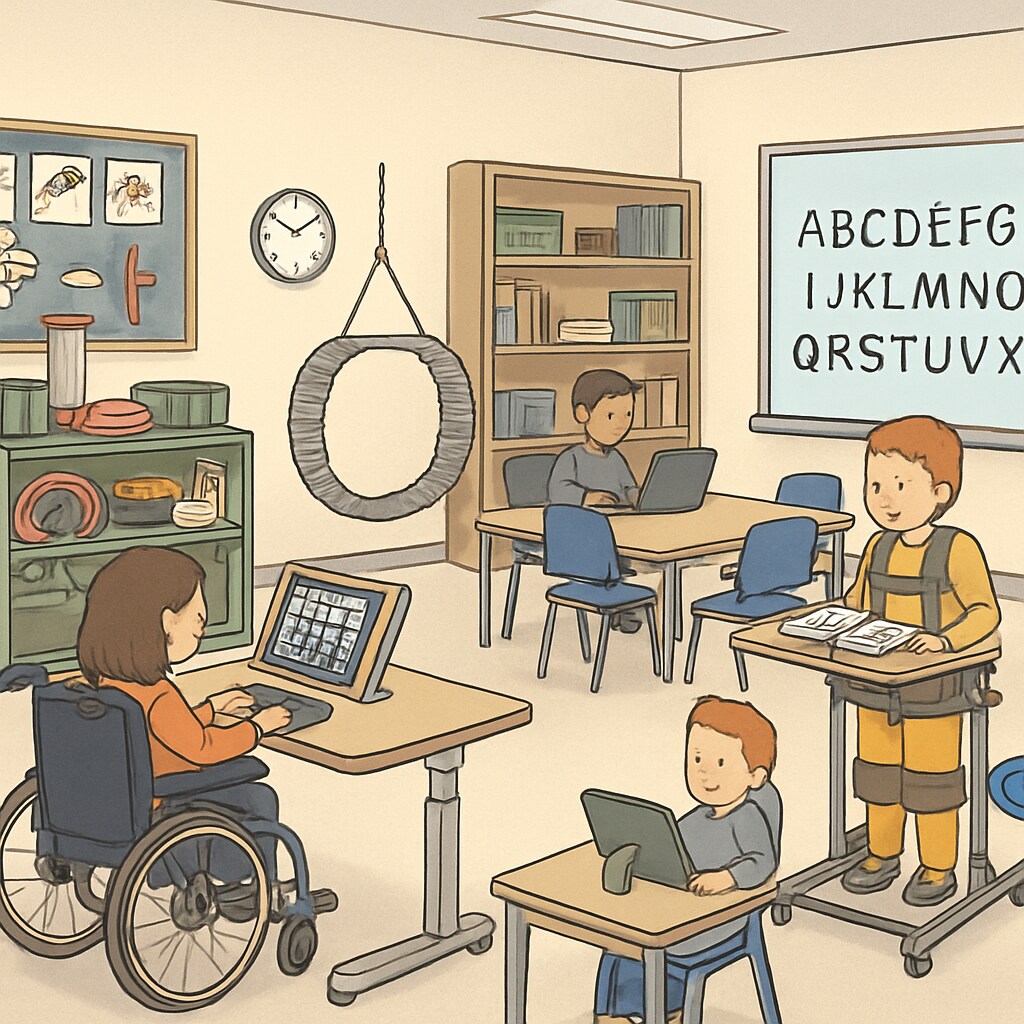In the UK, the process of transferring schools for students with special educational needs (SEN) is often fraught with challenges. Prolonged delays in school applications, compounded by local authority inefficiencies, can result in significant educational interruptions. For example, a recent case involving a 15-year-old girl with mental health issues highlighted a 22-week delay in securing a new school placement. This systemic issue underscores the pressing need for reform in how the education system addresses the needs of vulnerable students.
Understanding the Challenges of Special Needs School Transfers
Transferring schools is never simple, but for students with special educational needs, the process is disproportionately complex. Factors such as finding a school equipped to handle their unique requirements, securing funding for appropriate resources, and navigating the extensive paperwork can create significant obstacles. Furthermore, local education authorities (LEAs) often struggle to coordinate effectively, leading to delays that can have long-term consequences for a child’s academic and personal development.

One of the most common issues is the lack of clarity in communication between parents, schools, and LEAs. For instance, parents frequently report being left in the dark about the status of their child’s application. In addition, mental health concerns or other pressing needs may not be adequately prioritized, exacerbating delays. According to government guidelines, LEAs have a legal duty to ensure appropriate placements for SEN students, but implementation often falls short of expectations.
The Consequences of Bureaucratic Delays
Delays in school transfers can have far-reaching implications. For students with special needs, even brief interruptions in education can lead to a loss of routine, increased anxiety, and regression in key developmental areas. In the case of the 15-year-old girl mentioned earlier, the 22-week delay meant she missed nearly half a year of education, further exacerbating her mental health issues. Such disruptions not only affect academic outcomes but also hinder social integration and emotional stability.

In addition to the emotional toll on students, families often experience significant stress. Parents may have to take time off work to advocate for their child’s needs, and siblings may also feel the strain of ongoing uncertainty. Moreover, extended delays can lead to legal disputes, as families may be forced to challenge LEAs through tribunals to secure their child’s right to education. According to a recent report by SEND Justice, such legal battles are becoming increasingly common, further highlighting systemic inefficiencies.
Proposed Solutions for Streamlining the Process
Addressing the bureaucratic barriers to SEN school transfers requires a multi-faceted approach. Below are some actionable solutions that could significantly improve the system:
- Enhanced Training for LEA Staff: Ensuring that local authority employees are adequately trained in SEN policies and procedures can help expedite the decision-making process.
- Transparent Communication Channels: Establishing clear lines of communication between parents, schools, and LEAs can reduce misunderstandings and delays.
- Dedicated Case Managers: Assigning a case manager to each SEN student can provide families with a single point of contact, streamlining the process and ensuring accountability.
- Increased Funding for SEN Resources: Allocating additional funding to schools and LEAs can ensure that specialized resources are readily available, reducing delays caused by logistical challenges.
In addition, the government should consider introducing stricter timelines for school transfers, with penalties for LEAs that fail to meet deadlines. By holding local authorities accountable, the system can better serve the needs of vulnerable students and their families.
Looking Ahead: Building an Inclusive Education System
The challenges faced by SEN students in the UK education system are not insurmountable. With targeted reforms and a commitment to inclusivity, it is possible to create a system that prioritizes the needs of all learners. Parents, educators, and policymakers must work together to ensure that no child is left behind due to bureaucratic inefficiencies. The 15-year-old girl’s case is a stark reminder of what is at stake, but it also serves as a call to action for meaningful change.
As the education sector continues to evolve, addressing these systemic issues will be critical to creating a fair and equitable system for all. By investing in resources, training, and accountability, we can ensure that special needs students receive the support they deserve, paving the way for a brighter future.


